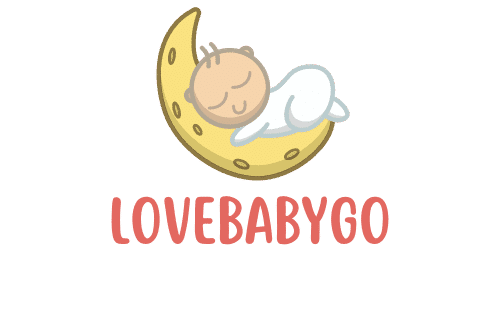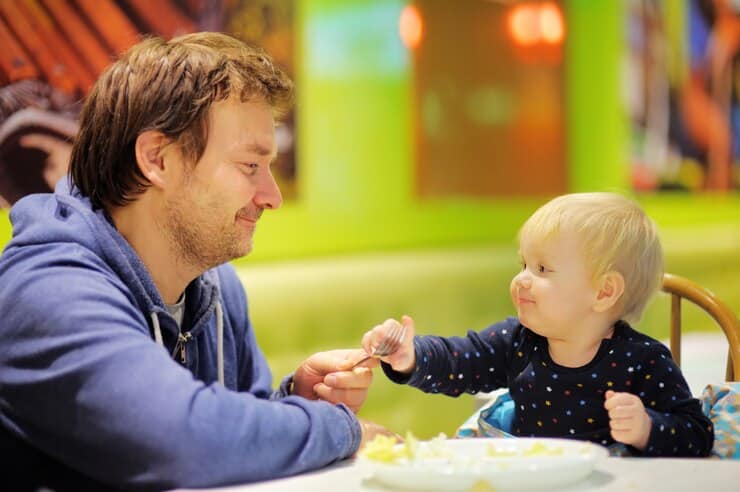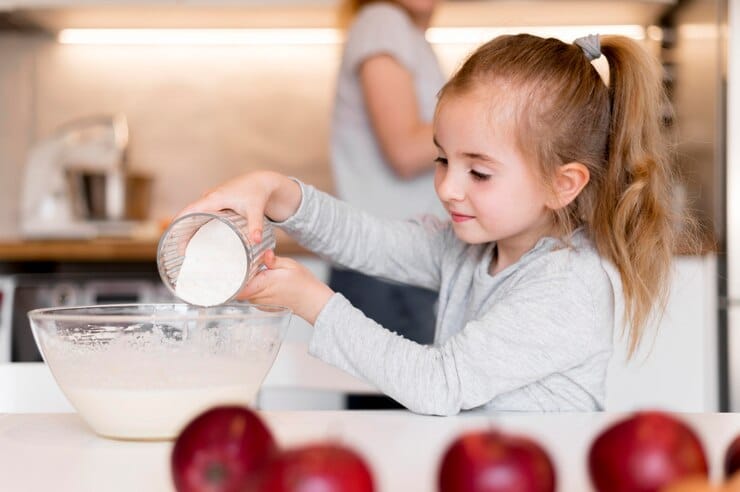Many parents find themselves struggling to break their toddlers from their bottle obsession. However, there is a way to do it that doesn’t involve giving in to their demands. Following these simple steps can help your child learn to socialize without needing a bottle.
1. Separate your child from their bottle as much as possible.
Bottle obsession is a common problem that can start early in life. Bottles are addictive and help children develop an unhealthy habit of drinking water or juice instead of solid food.
Offering water or juice in a sippy cup instead of a bottle will also help promote healthy drinking habits.
The benefits of removing bottles from the child’s environment gradually become evident over time. Studies have shown that when Bottle-Free practices become mainstream, overweight and obese rates decrease while rates for type 2 diabetes increase.
The long-term health benefits of reducing exposure to toxins in breast milk are also clear: infants who drink bottled liquids are more likely to suffer from dental problems and cavities as adults. In short, if you can separate your child from their bottle early on, it will help to promote healthy drinking habits for both you and your toddler.
The American Psychiatric Association (APA) has announced that it is revising its Diagnostic and Statistical Manual of Mental Disorders (DSM-5), the authoritative source for diagnosing mental disorders.
The DSM-5 will now include a new category, “Disruptive Behavior Disorder,” encompassing conditions such as Attention Deficit Hyperactivity Disorder, Oppositional Defiant Disorder, Conduct disorder, and Antisocial Personality Disorder.
This change reflects the growing recognition that many children with these behaviors also have significant problems in other areas. For example, about one-third of kids who are diagnosed with.
As a recent college graduate, you likely feel overwhelmed with finding your first job. While there is no single right or wrong way to go about this process, following some general tips may help make it easier.
2. Wait until they ask for it before giving it to them.
Toddlers are naturally independent and want to explore the world around them. This sense of independence is squashed when they start drinking from a bottle.
To help toddlers drink more naturally, give them cups instead of bottles when they first start drinking independently. Cups encourage kids to drink from it constantly instead of sipping intermittently from a bottle. This way, they learn that drinking from a cup is the right thing to do and won’t feel restricted by having only one liquid refreshment available at all times.”
3. Praise your child when they do not want the bottle.
When getting your toddler to stop wanting the bottle, praising them when they do not want it is one of the most effective methods. Praise should be given consistently and often enough to become a habit for them.
If praise needs to be given more frequently, or if it’s only given after a child has had a drink from their bottle, then this will only reinforce their need for the bottle and delay independence development.
Dr. Jacobson says: “Praise gives children information about what they already know – that they are good at resisting liquids – while withholding reinforcement builds on mistaken beliefs (like needing others’ approval) by reinforcing drinking as an acceptable way to cope with stress or boredom.”
In short, praise your child regularly when they do not want the bottle and encourage them to develop independence skills by using alternatives such as cups instead of bottles. Doing this will help prevent future problems with alcohol addiction in your household.
Conclusion
You’ve done an amazing job of raising a happy and healthy toddler, but there’s one problem—they love their bottle. And not just any old bottle—their sippy cup, juice box, or milk container. In this blog post, we discussed how to break your child from their bottle obsession and get them to drink more water independently. By following the advice in this piece, you’ll be well on your way to curing this pesky habit!











